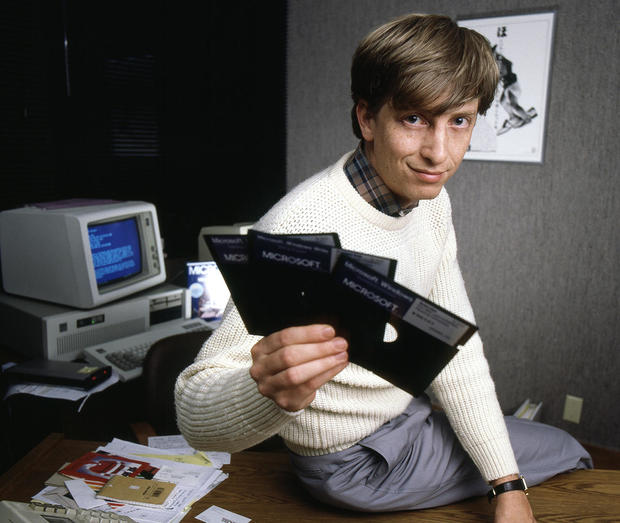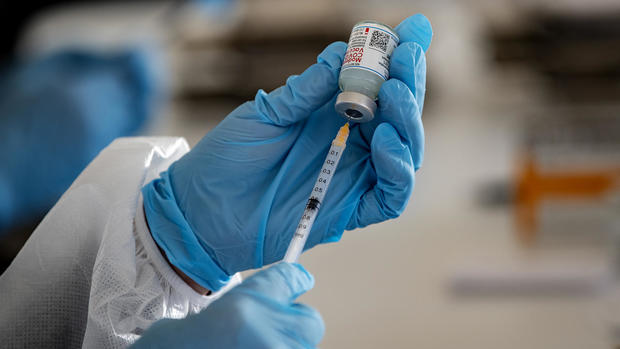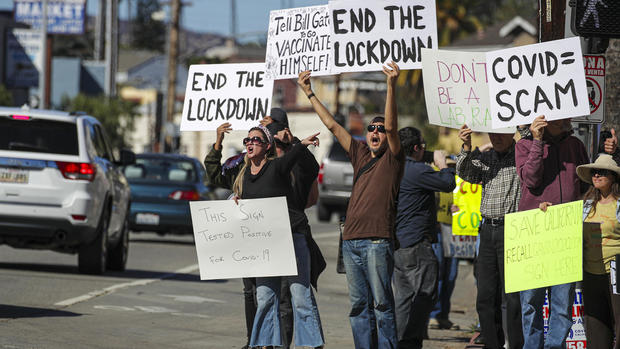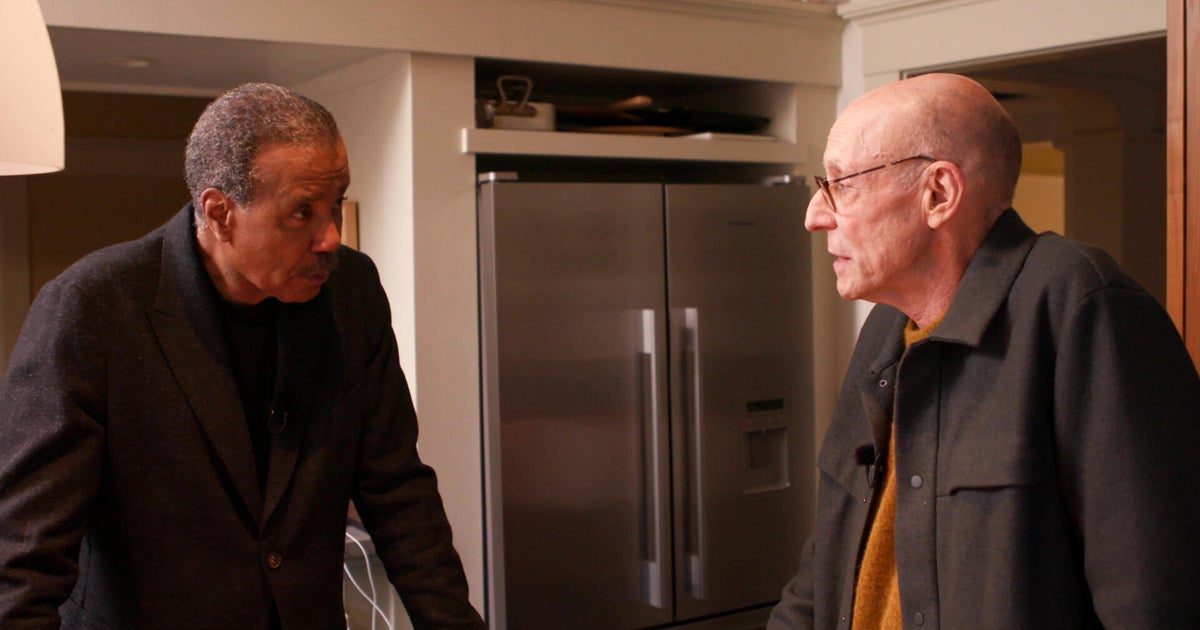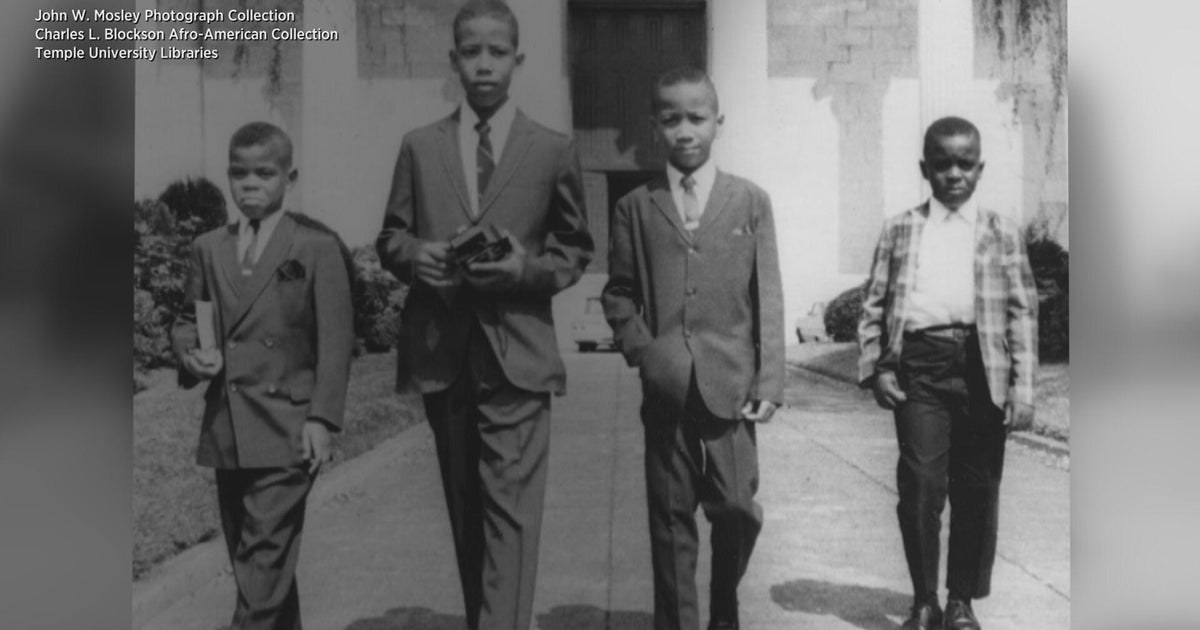Bill Gates says he is determined as ever to drive innovation
Soon after Bill Gates and Paul Allen founded Microsoft, the pair established the audacious goal to put a "computer on every desk and in every home." When the once-unimaginable objective came to fruition it propelled Gates to world fame, fortune, and made his name synonymous with innovation and technology.
More than forty-five years after co-founding Microsoft and helping to launch the information age, Bill Gates appears to remain steadfast in his commitment to innovate and solve of the world's most complicated issues, including those related to climate change, malaria, and the COVID-19 pandemic.
Last March, two days after the World Health Organization declared the coronavirus outbreak a pandemic, Gates announced plans to vacate his seat on Microsoft's board of directors in order to dedicate more time to the Bill and Melinda Gates Foundation, a philanthropic initiative started by the husband-and-wife team in 2000.
A voracious reader and consumer of information, Gates is often found pouring over binders of research about the world's most pressing challenges, something 60 Minutes correspondent Anderson Cooper witnessed when interviewing him.
In 2015, during Africa's Ebola epidemic, Gates' attention focused on pandemic prevention, heeding a poignant warning in a 2015 TED Talk that has been viewed more than 72 million times across streaming platforms.
"If anything kills over 10 million people in the next few decades, it's most likely to be a highly infectious virus rather than a war," Gates told the TED audience. "Not missiles, but microbes. Now, part of the reason for this is that we've invested a huge amount in nuclear deterrents. But we've actually invested very little in a system to stop an epidemic. We're not ready for the next epidemic."
Gates told 60 Minutes the United States should have made a relatively nominal investment into developing PCR diagnostic testing capacity before it became a dire need.
"You could've rolled the tests out so quickly," Gates said to Cooper. "If you gain a month in terms of having that capacity, it's a completely different epidemic for the country."
Gates said there were "mistakes" in the American response to the pandemic, but the nation's role in vaccine research and development aided the world "immensely."
Thus far, the Food and Drug Administration has only issued Emergency Use Authorization for the Pfizer and Moderna vaccines. Both are mRNA-based vaccines and the first of their kind to be widely distributed outside of clinical trials in the U.S.
Gates and his foundation have long been advocates of mRNA vaccine technology. He hopes its use to combat future medical needs is one of many innovations that will be gained from an otherwise challenging year.
A pandemic year where science took center stage and those skeptical of it tried to sow doubt in the research and expertise of leading scientists.
"We have to make the truth more interesting than the over-simplistic conspiracy," Gates told 60 Minutes. "There may be some need to slow down the crazy stuff. There is a need for innovation to think about how you draw these lines and particularly when you're getting out exposing to strangers something that might draw them into a series of falsehoods."
At 65, innovation remains a central force in Bill Gates' life. Instead of basking in the success of an accomplished career, reflection is replaced with urgency and a desire to complete moonshot initiatives that could save millions of lives and ensure his work will last for generations.
"I don't think legacy motivates anyone," Gates aid to Cooper. "I think about, gosh, I've got, you know, hopefully 20 to 30 years where, you know, can we eradicate malaria in this time-frame? Can we lay the groundwork for a climate solution in this time frame? And so I feel a little bit a sense of urgency that the, you know, anything after 30 years I don't get to be involved in."
The videos above were produced by Keith Zubrow, Sophia Myszkowski and Sarah Shafer Prediger. They were edited by Sophia Myszkowski and Sarah Shafer Prediger.
